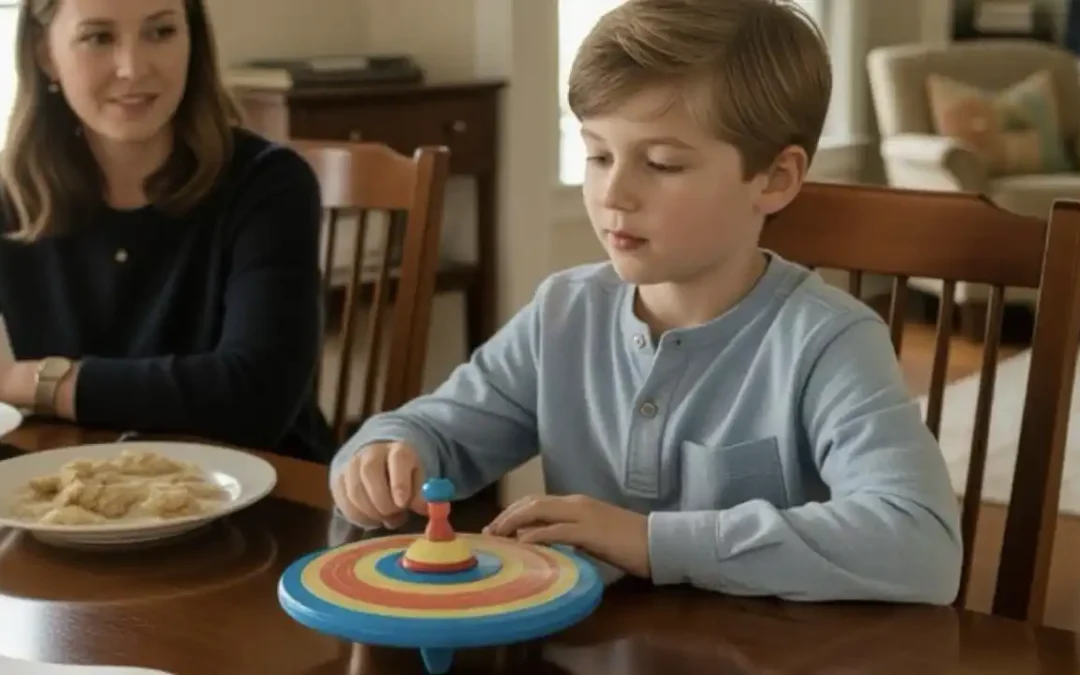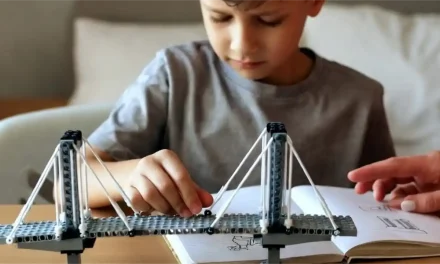
Cherishing Questions: Connect with Others
S
ome questions are too good to keep inside the family. A child might wonder how birds fly or why seasons change—but if those thoughts never leave the home, they fade. Sharing them with others—a friend, a cousin, a neighbor—makes wonder social. While exploring with you gives them safety, connecting with others gives them voice. That’s how curiosity becomes not just thinking—but belonging.
One evening, my daughter heard the doorbell ring and asked, “What makes it sound like that?” I shared her question with a friend, and her face lit up. “What else are you curious about?” I asked. From bells to birds, from rings to rhymes, her questions kept coming—each one an invitation to connect. Our conversations became more than exchanges; they became quests she couldn’t wait to share. She began to see that asking wasn’t just thinking aloud—it was a bridge to others.
Make time each week to send a question beyond your home. Ask, “Who else might enjoy thinking about this?” and help them bring it up—with a friend, a teacher, a neighbor. Afterward, reflect together: “What surprised you about their answer?” or “Did it spark a new question?” For younger kids, this might happen during a playdate; for teens, through clubs or online groups. These small acts of sharing show that curiosity isn’t just a private spark—it’s a thread that connects minds.
Cherishing Questions

Cherishing Questions: Honor Their Asking
When children ask questions, they reveal their wonder. Respond with patience to build confidence, communication, and trust in their own thinking.

Cherishing Questions: Explore as Partners
Learn alongside your child. Shared exploration strengthens trust, curiosity, and emotional connection through meaningful experiences.

Cherishing Questions: Invite Their Whys
Welcome every child’s “why?” as a doorway to deeper thought. Encouraging questions nurtures curiosity, critical thinking, and joyful learning.
Table of contents

Primordial Soup for the Mind: Navigation
Navigate the book Primordial Soup for the Mind.
TIPS
- Share questions to spark joy.
- Invite others in to deepen curiosity.
- Track shared whys to keep them alive.
ACTIVITIES
- Playmate Share: Bring a why to a playdate, reflect on the response—10–15 min
- Club Muse: Let a teen pose a group why, discuss at home—10–15 min
- Why Jot: Record a shared why in a journal, talk about what sparked it—10–15 min
TOOLS
Connection Journal, Why Chart

Download “Primordial Soup for the Mind: A Parent’s Guide to Nurturing Intellectual Growth”
Enter your information to get this article and hundreds more as part of the FREE book Primordial Soup for the Mind.
Share your thoughts with the Thought Academy community in the Comments section below.

Sharpen those skills!
Enter your information to get our FREE practice exercises so you can hone your critical thinking and reasoning skills!







0 Comments